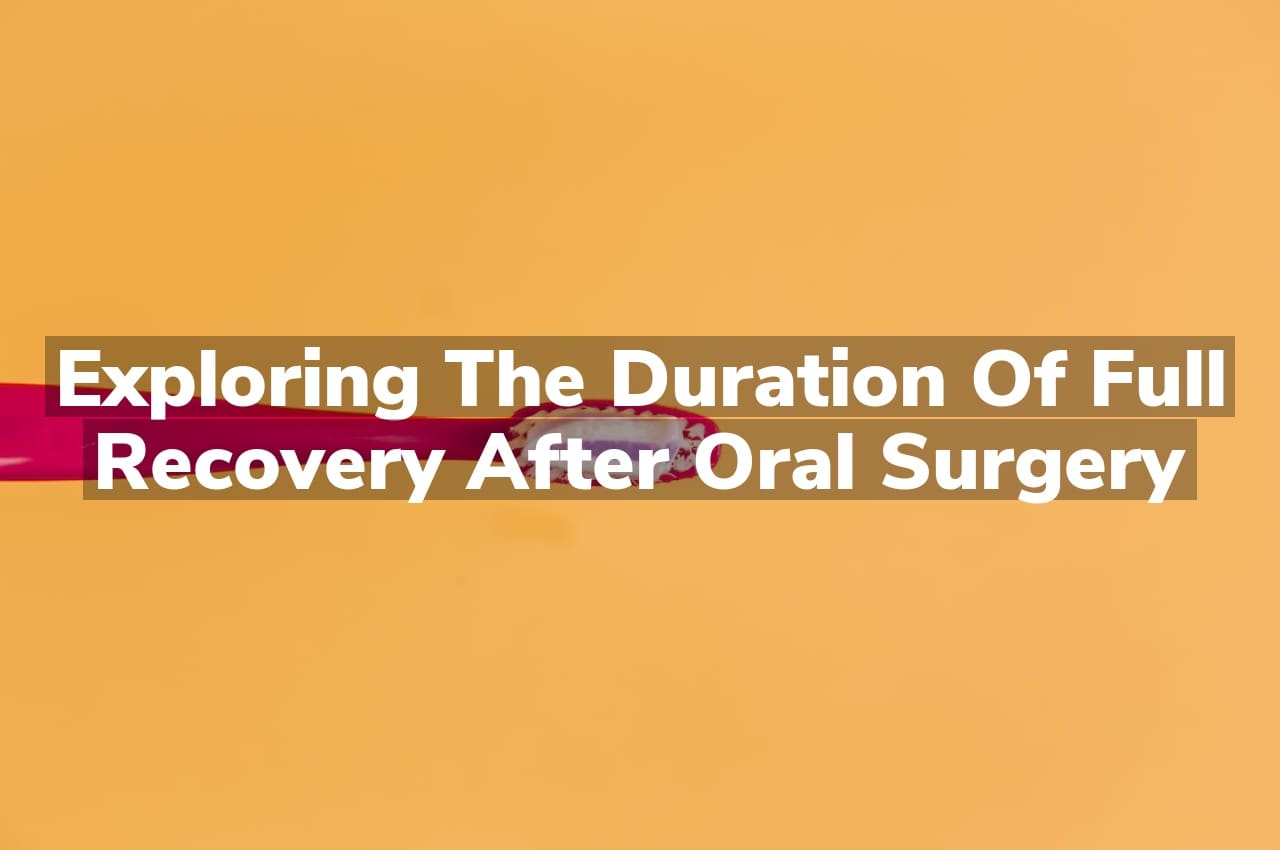Have you ever wondered what an oral surgeon actually does and how they fit into your dental care team? At New Haven Dental Center Family & Cosmetic Dentistry, our oral surgeons specialize in complex dental procedures, from wisdom tooth extraction to corrective jaw surgery, ensuring comprehensive care for your oral health needs.
Oral Surgeon: Beyond Tooth Extractions
While oral surgeons are widely recognized for their expertise in tooth extractions, including wisdom tooth removal, their role extends far beyond this common procedure. Oral and maxillofacial surgeons specialize in a variety of complex treatments involving the mouth, teeth, jaws, and face. They are trained to perform corrective jaw surgery (orthognathic surgery), dental implant placement, bone grafting, and treatment of facial trauma. Additionally, they manage oral cancer screenings and the surgical removal of tumors or cysts in the oral cavity. Their advanced training in anesthesia allows them to provide various sedation options to ensure patient comfort during these intricate procedures.
Oral surgery can sometimes lead to unexpected postoperative sensations, such as throat discomfort, which may concern patients. This discomfort is often due to the proximity of the throat to the surgical site and the use of instruments during the procedure. For a deeper understanding of this phenomenon, patients can refer to the informative article, Understanding the Reasons Behind Throat Discomfort Following Oral Surgery. It provides valuable insights into why this occurs and offers guidance on how to alleviate any resulting discomfort, ensuring a smoother recovery process after oral surgery.
Navigating Jaw Surgery with Expertise
Oral surgeons are highly specialized professionals who play a critical role in the field of dental surgery, particularly when it comes to complex procedures involving the jaw. Jaw surgery, also known as orthognathic surgery, requires a deep understanding of both the aesthetics and functionality of the jaw and facial structures. An oral surgeon is adept at diagnosing and treating a variety of conditions that may necessitate jaw surgery, such as misaligned jaws, congenital abnormalities, or trauma-related injuries. These experts use state-of-the-art technology and techniques to ensure that patients receive the most effective treatment, with an emphasis on minimizing discomfort and promoting a swift recovery.
The journey through jaw surgery can be intricate, demanding a level of precision and care that only a seasoned oral surgeon can provide. From the initial consultation to the post-operative care, these surgeons guide their patients through each step, ensuring that they are well-informed and comfortable with the process. For those seeking exceptional care in jaw surgery, it’s important to choose a provider with a proven track record of successful outcomes. If you’re in need of an oral surgery service, consider reaching out to a New Haven Dentist for Oral Surgery, where expertise meets compassionate care to help you navigate your surgical journey with confidence.
The Impact of Corrective Facial Reconstruction
Corrective facial reconstruction stands as a pivotal aspect of an oral surgeon’s expertise, profoundly influencing patients’ lives by restoring both function and aesthetics to the facial structure. Oral surgeons meticulously perform these complex procedures to correct congenital anomalies, repair traumatic injuries, and address deformities caused by disease or aging. The impact of this surgical intervention is far-reaching, offering individuals renewed confidence, improved psychological well-being, and the ability to perform essential functions such as speaking and eating with ease. By leveraging advanced surgical techniques and a deep understanding of facial anatomy, oral surgeons ensure that the outcomes of corrective facial reconstruction not only enhance physical appearance but also promote overall quality of life for their patients.
Wisdom Teeth: An Oral Surgeon’s Realm
When it comes to the complexities of wisdom teeth removal, an oral surgeon is the specialist you can trust. These third molars often emerge in our late teens or early twenties, and their arrival can be fraught with issues such as impaction, misalignment, or insufficient space in the jaw. An oral surgeon is expertly trained to address these challenges, performing precise extractions to prevent potential complications like infection, cysts, or damage to adjacent teeth. With their advanced surgical skills and deep understanding of facial anatomy, oral surgeons ensure that the removal of wisdom teeth is carried out safely and effectively, prioritizing patient comfort and long-term oral health.
Sedation Options in Oral Surgery Procedures
When undergoing oral surgery, patient comfort and anxiety management are paramount, which is why oral surgeons offer a variety of sedation options tailored to the complexity of the procedure and the patient’s level of comfort. From local anesthesia, which numbs the surgical area, to nitrous oxide (laughing gas) that helps patients relax, there are several levels of sedation to suit individual needs. For more extensive procedures or for patients with dental anxiety, oral surgeons may recommend IV sedation or general anesthesia, both of which allow patients to be in a deep state of relaxation or even sleep throughout the surgery. Understanding these sedation options and discussing them with your oral surgeon will ensure a more comfortable and anxiety-free surgical experience.
Conclusion
For personalized advice or to schedule a consultation with our skilled oral surgeons, call New Haven Dental Center Family & Cosmetic Dentistry at 260-748-3696, and don’t forget to read our reviews on Google Maps.



